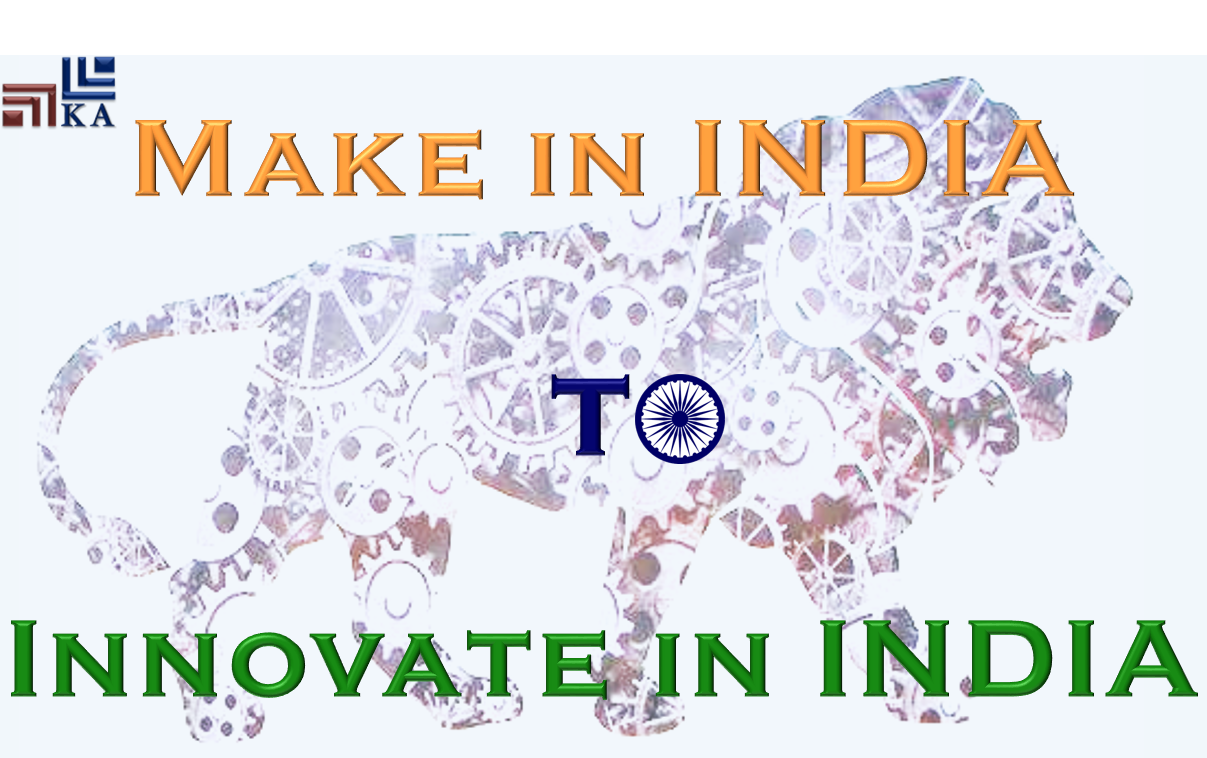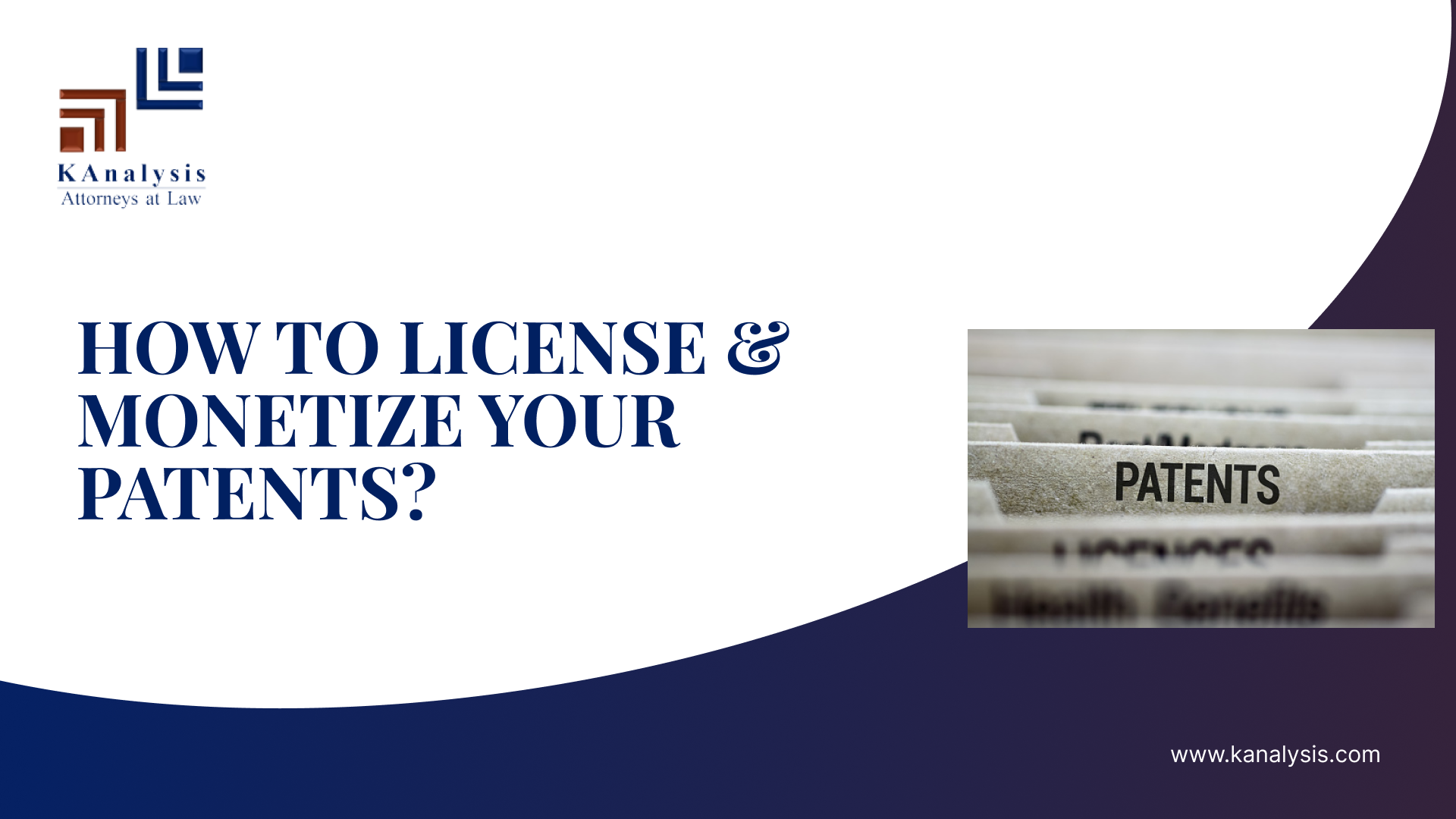Ever since the Draft Patent (Amendment) Rules, 2015 was released for public comment in October 2015, there have been some fabulous discussions and deliberations about the implications of the final form. The anticipation regarding the nature of amendments is finally over, after the publication of Patent (Amendment) Rules, 2016 that came into effect on May 16, 2016.
An initial review showed some notable additions, few of which could significantly influence the applicant companies active in India. Notwithstanding, in our view these changes seem to be pro start-ups and will help in bringing the Indian IP ecosystem at par with global standards.
We have tried to analyze their impact on different genre of our clientele operating in India, and highlighted some noteworthy points in a concise manner.
Expedited Patent Examination
The newly added Rule 24C aims to reduce the application period from the existing 5-7 years to 18 months by March 2018. The request for this service can be made only for applications through electronic filing by the following applicants:
- Applicants who have listed India in their international application (in accordance with PCT) as the competent International Searching Authority or elected as an international Preliminary Examining Authority or
- Applicants that are startups. The expedited examination service is available only through the electronic route.
The fees for this service have also been significantly reduced (in comparison to the proposed draft) to INR 8,000, INR 25,000, and INR 60,000 for Natural Persons / Startups, Small Entities, and Other than Small Entities respectively.
Further, a regular request for examination can be converted into request for expedited examination on satisfying the above prescribed criteria, and paying the balance fee. If the criteria are not satisfied, a request for expedited examination would be considered as regular request for examination, but the fee would not be refunded.
Refund Option for Withdrawals
According to the new rule, an applicant can now claim a refund of up to 90% of examination fees, if it opts to withdraw the application before the issuance of the First Examination Report. There is no fee for withdrawing the application.
Amendment of Claims on National Phase Entry
As per new rules, a PCT applicant is allowed to delete some claims at the time of national phase entry in India to reduce excess claim fees. Nevertheless, the amendment still does not allow any other form of amendment in claims except for deletion.
Until now it was not possible to file any claim amendments on applications during Indian national phase entry and amending claims after commencement of examination has very little procedural flexibility. Deletion of claims is primarily useful in order to reduce the excess claims fees due on national phase entry, for example by deletion of medical use or method of treatment claims that are not patentable in India, an applicant can reduce the charges levied at the rate of approximately US $ 25 per claim in excess of ten.
Deadline for Filing Response to First Examination Report Reduced
As per the new rules, a response to First Examination Report (FER) would have to be filed within 6 months from date of issue of FER. The new timeline of 6 months to file the response to FER will be applicable for FERs issued on or after May 16, 2016. The deadline can be extended by 3 months, if an appropriate request along with prescribed fee is submitted prior to the 6-month period.
Clarification on Writing Claims and Amendments to Specifications
As per the new rules, it has been directed that reference number of drawings should be included in the claims and as well. In case of amendments, the amendment provides specific processes in line with the approach followed globally.
Allowance of Remote Hearing and Restriction on Adjournments
As per the new rules, hearings can be conducted through video-conferencing or audio-visual communication devices. Up to a maximum of two adjournments may be availed now, with each adjournment limited for unto 30 days. Also, adjournment sought by the applicant would result in paying cost. Further, the timeline for filing of written submissions, if any, have been fixed to 15 days from the date of hearing.
Time-Frame for Issuing Foreign Filing License
Now, foreign filing license (FFL) requests are to be disposed of within 21 days from the date of request. In case of inventions relating to defense or atomic energy, 21 days would be considered from the date of receipt of consent from the Central Government.
Introduction of New Entity as “Startup”
In line with the national IPR policy aimed to facilitate IP creation within growing Indian start-ups ecosystem, the Government has launched several incentives including reduced official fees, filing and prosecution assistance by empaneled patent and trademark agents and expedited examination of patent applications. The amended Rules define a “startup” as a new company/LLP/a registered Partnership firm that:
- Incorporated/founded not more than 5 years back,
- Does not have a turnover of more than INR 25 crores (approx. USD 38,50,000) in any financial year, during the past 5 years, and
- Is working towards innovation, development, deployment or commercialization of new products, processes or services driven by technology or intellectual property. (this activity has been clarified to be creation or addition of value for customers or workflow)
Sacrosanct Time-frame for National Phase Entry
As per the new rules, any possibility of condonation of delay for National Phase entry of PCT applications beyond the stipulated period of 31 months has been categorically denied.
Respite for Filers of Sequence Listings
The maximum Official fees for sequence listings has now been fixed to approximately US $ 1800 (INR 1,20,000). This maximum cap would safeguard the applicants as the filing fee per page beyond the stipulated 30 pages is approximately US $ 12.
Time-Frame for Reference to Deposition of Biological Materials
The reference of deposition of biological material in the specification is required to be made within three months from the date of filing of the application or on or before the date of making request for early publication, whichever is earlier.
Time-Frame for Filing Power of Attorney
A time-frame of three months has been prescribed for filing of Power of Attorney (PoA), from the date of application or date of filing of relevant document. The application or document would not be processed further, unless the deficiency is rectified by filing PoA.
Minor Procedural Changes in Pre-Grant Opposition
As per the new rules, the opponents and the applicants have to serve a copy of their representations and replies on each other, respectively. Also, it has been mandated for the Controllers to pass a speaking order, whether the application is to be granted or refused.
Electronic Submission Prescribed for Agents
It has been prescribed for patent agents to communicate electronically with the Patent Office and undertake all the filings through online portal. It has now become mandatory to furnish a complete postal address in India, along with an e-mail address to the Controller. The obligation on the Patent agent to provide a mobile number registered in India makes this provision more stringent and effective.
These changes are being considered as an extension to the National IPR policy that was announced last year by the Central Government, having the following main objectives:
-
IPR Awareness: Outreach and Promotion - To create public awareness about the economic, social and cultural benefits of IPRs among all sections of society
-
Generation of IPRs - To stimulate the generation of IPRs
-
Legal and Legislative Framework - To have strong and effective IPR laws, which balance the interests of rights owners with larger public interest.
-
Administration and Management - To modernize and strengthen service-oriented IPR administration.
-
Commercialization of IPR - Get value for IPRs through commercialization
-
Enforcement and Adjudication - To strengthen the enforcement and adjudicatory mechanisms for combating IPR infringements
-
Human Capital Development - To strengthen and expand human resources, institutions and capacities for teaching, training, research and skill building in IPRs.




